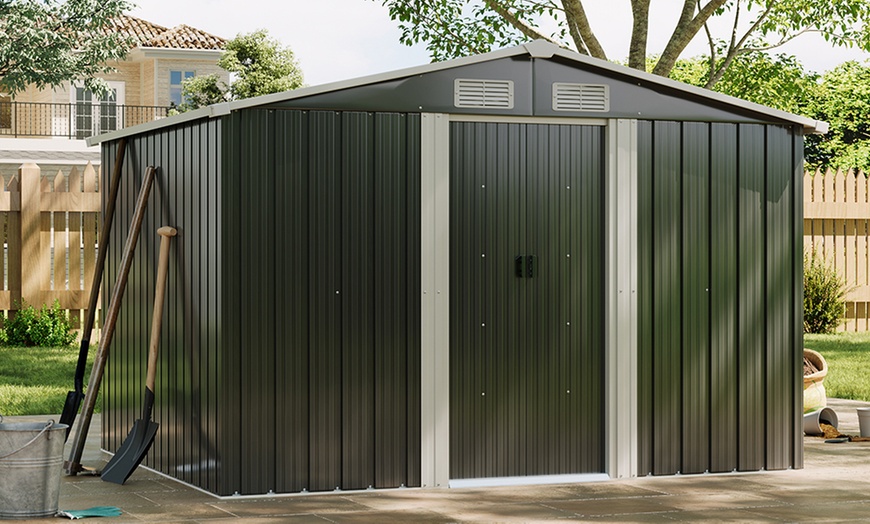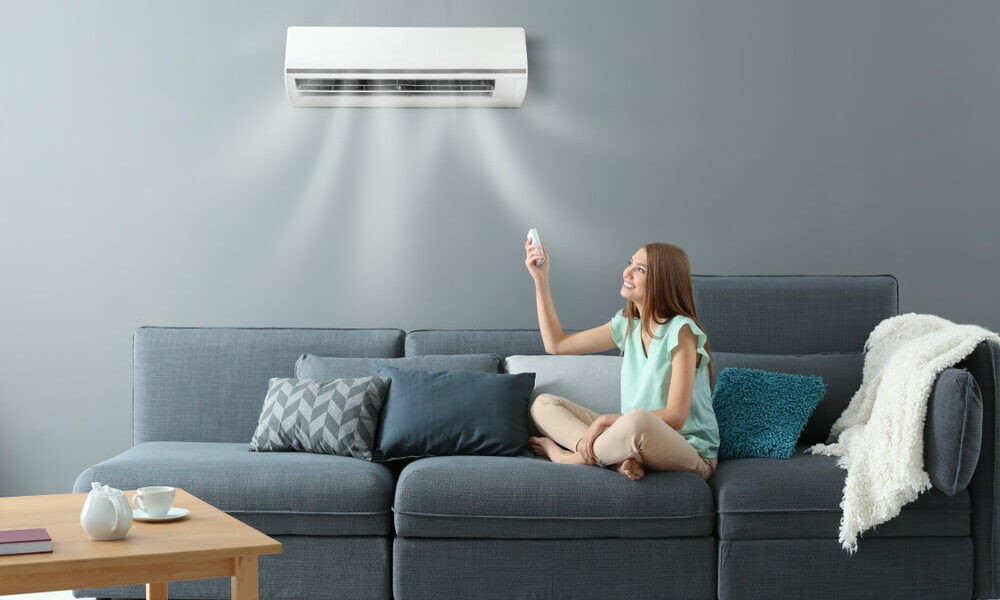Pests in Merrimack County: Signs, Treatments, & More

Locations across Merrimack County, such as Concord, Hooksett, Bow, Penacook, Pembroke, Allenstown, and Loudon, have unique yet shared pest problems. From historic neighborhoods in Concord to suburban areas in Bow and Hooksett, infestations are seen everywhere, and as a homeowner, you need to know the species, along with signs and related details, to take action. When it comes to pests in Merrimack County, you should rely on a professional company like Anchor Pest Services that has expertise in the region and offers complete support immediately after the first call. In this guide, we will discuss some of these common signs and treatments for the usual pests found here.
Rodents
Cold winters and wooded areas often mean dealing with mice and rats that get inside looking for food and warmth. Access to crawl spaces, attics, and garages only exacerbates the problem. If rodents enter your home, you will find droppings around the house, including in the pantry and basement, unusual sounds at night, and damaged wires and insulation. You should be worried, as rats and mice can cause food contamination, diseases, and fire hazards. Experts always suggest sealing entry areas and cutting down vegetation, but do not try to use rodenticides without knowing the best methods. Instead, get the exterminators to finish the work, which includes trapping and placing baits.
Ants (Carpenter Ants & Pavement Ants)
Carpenter ants live easily on damp wood, especially found in shaded lots, while pavement ants are common in patios, kitchens, and driveways. You may notice sawdust-like material near wooden things, and it is also fairly easy to see ant trails in the open. Carpenter ants can cause structural damage over time, and repairs can be expensive. With pavement ants, there is a risk of contaminated food. Moisture management is the first step that pest control teams recommend, so consider fixing leaks and improving ventilation. Also, check if there is wood-soil contact, which must be fixed. Professional exterminators will usually recommend perimeter barrier treatments if infestation is confirmed.
Termites
Eastern subterranean termites are a common issue across New Hampshire, and moisture in soil after snowmelt can trigger infestations in spring and summer. Common signs of termites include mud tubes, wood that sounds hollow on tapping, damaged paint, and swarms close to windows. Termites are one of the toughest pests to eliminate, and you will need professional help, as DIY hacks and market products rarely work. Technicians can focus on soil barrier applications and baiting systems, besides other treatments, to fix the issues.
Mosquitoes
Wetlands, the Merrimack River, clogged gutters, and barrels containing rainwater are responsible for mosquito problems. Diseases like West Nile & EEE are reported in NH once in a while, which is why it is critical to ensure your home is safe. First, ensure there is no standing water anywhere, especially in the yard and garden. You should also consider installing screens on windows and doors. If there are larvae thriving in a pot or container, call the experts who can do yard treatment and apply larvicides cautiously.
When to Call an Exterminator
So, how do you know it is time to get assistance from pest control technicians? Firstly, always call the pros, even if you think the infestation isn’t a serious one. You should also be alarmed if pests continue to show up despite sealing and sanitation. If you have been trying DIY ideas but have failed to see results, it is an indicator of hidden infestations. Find a professional pest control company in Merrimack County that has expertise in handling these pests discussed above, along with bed bugs and ticks, which are also seen here. Seeking early help will reduce the risk of damage and the need for repairs.



